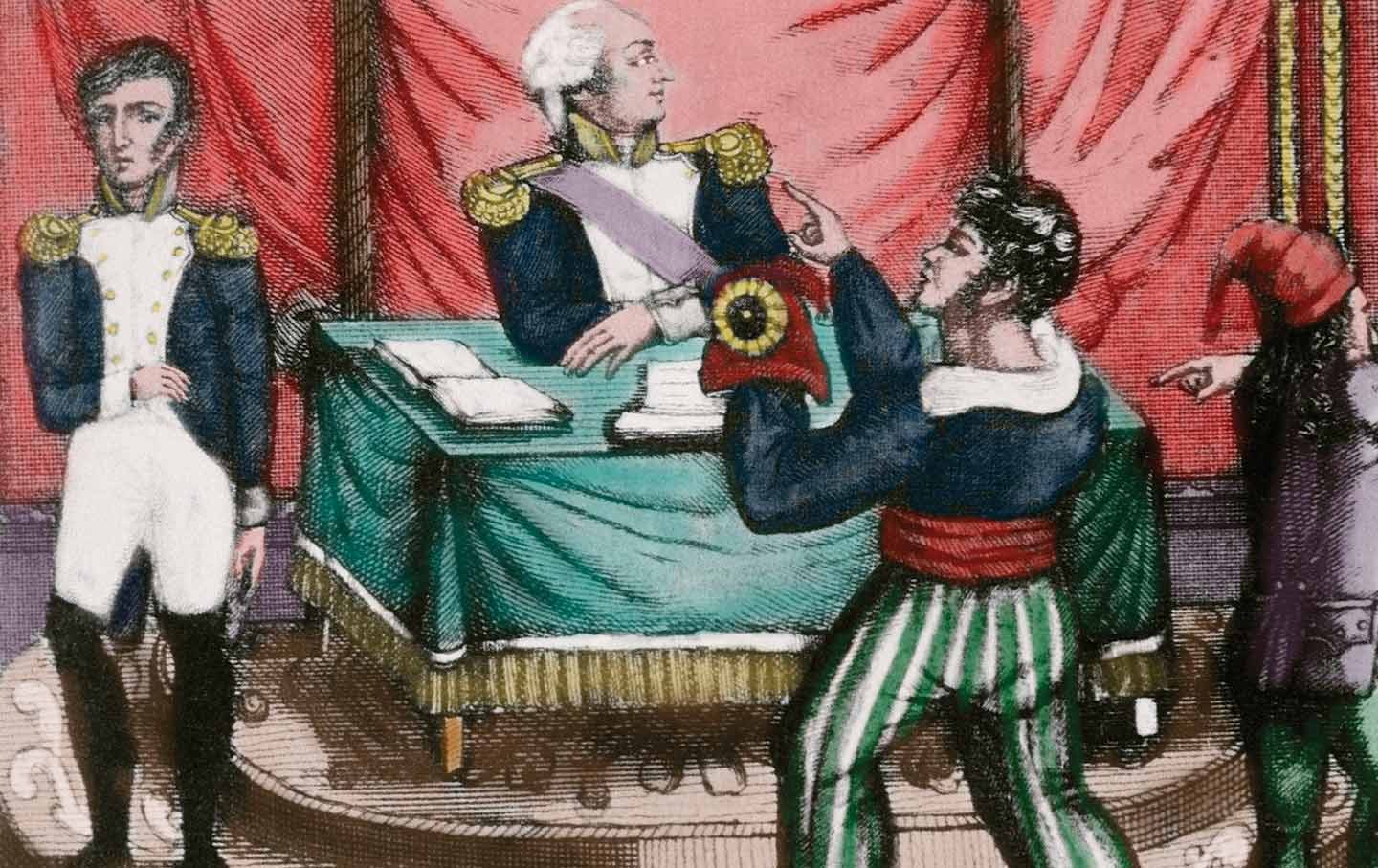
"In that classic of Western cinema, Monty Python's Life of Brian, the title character addresses a crowd in Jerusalem that has mistaken him for Jesus Christ. "You've got it all wrong," he pleads. "You don't need to follow me. You don't need to follow anybody. You've got to think for yourselves. You're all individuals!" The crowd chants back, in unison, "Yes, we're all individuals!" "You're all different!" Brian protests. "Yes, we're all different!" the crowd responds (though one lone voice insists, "I'm not")."
"The self can be defined as the way people experience and understand their own individuality. The difficulty stems from the fact that the very language people use to describe and express their individuality is, like all language, something they take from and share with others. Many great historians have taken as a theme the birth of modern Western individualism, associating it with many different eras-notably, the Renaissance, the Enlightenment, and the eras of Romanticism and high Modernism."
An iconic comic scene exposes the paradox of claiming individuality while speaking and acting in unison. The self is defined as the way people experience and understand their own individuality. The language used to describe individuality is taken from and shared with others, creating a social product. Historians have traced the rise of modern Western individualism to eras such as the Renaissance, the Enlightenment, Romanticism, and high Modernism. However, the modes of expression that individuals use often sound conventional and similar, undermining claims of unique, ineffable selves. Jacob Burckhardt described medieval consciousness as collective, rooted in categories like race, people, party, family, or corporation.
Read at The Nation
Unable to calculate read time
Collection
[
|
...
]